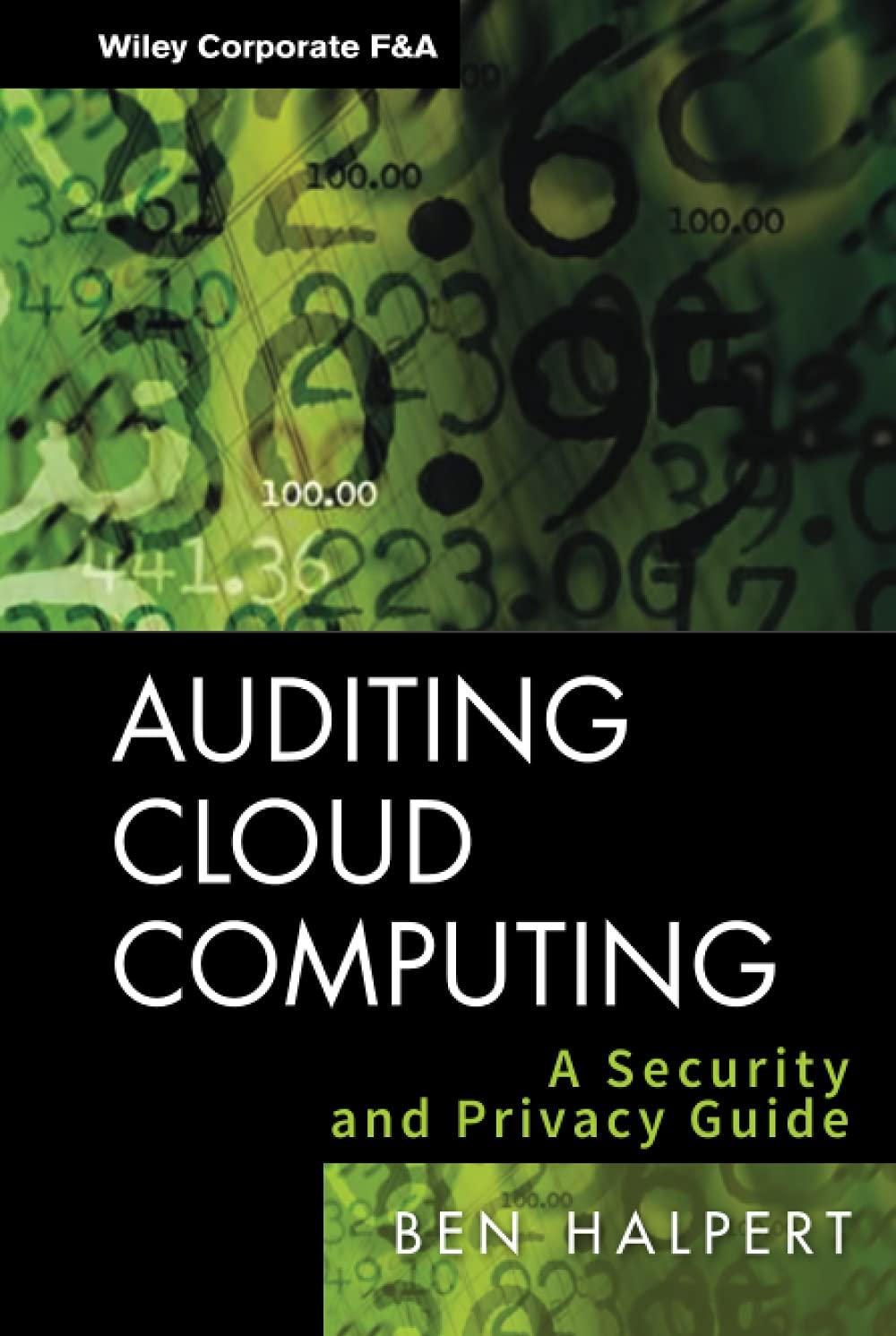

Comparing Depreciation Methods Concept Over time, fixed assets, with the exception of land, lose their ability to provide services. Thus, the cost of fixed assets such as equipment and buildings should be recorded as an expense over their useful lives. This periodic recording of the cost of fixed assets as an expense is called depreciation. Depreciation can be caused by physical or functional factors. Physical depreciation factors include wear and tear during use or from exposure to weather. Functional depreciation factors include obsolescence and changes in customer needs that cause the asset to no longer provide the services for which it was intended. The three depreciation methods used most often are: Straight-line depreciation Units-of-output depreciation Double-declining-balance depreciation The straight-line method provides for the same amount of depreciation expense for each year of the asset's useful life. The units-of-output method provides the same amount of depreciation expense for each unit of output of the asset. Depending on the asset, the units of output can be expressed in terms of hours, miles driven, or quantity produced. The double-declining-balance method provides for a declining periodic expense (twice the straight-line rate) over the expected useful life of the asset. Learning Expectation Compare depreciation expense, accumulated depreciation, and book value using the straight-line method, units-of-output method, and double-declining-balance method. Use the Dynamic Exhibit to answer the following questions. 1. Fill in depreciation expense in year 3 under each depreciation method when residual value is $30,000 and useful life is 3 years: Depreciation method: Straight-line 135,000 Units-of-Output 94,500 Double-declining 18,237 2. Fill in the book value at the end of year 1 under each depreciation method when residual value is $36,000 and useful life is 4 years: Depreciation method: Straight-line 335,250 Units-of-Output 129,400 X Double-declining 217,500 3. Move the Useful Life slider from 3 years to 4 years and complete the sentence. Depreciation expense each year under every method is lower when the cost is spread over a longer useful life. Comparing Depreciation Methods Concept Over time, fixed assets, with the exception of land, lose their ability to provide services. Thus, the cost of fixed assets such as equipment and buildings should be recorded as an expense over their useful lives. This periodic recording of the cost of fixed assets as an expense is called depreciation. Depreciation can be caused by physical or functional factors. Physical depreciation factors include wear and tear during use or from exposure to weather. Functional depreciation factors include obsolescence and changes in customer needs that cause the asset to no longer provide the services for which it was intended. The three depreciation methods used most often are: Straight-line depreciation Units-of-output depreciation Double-declining-balance depreciation The straight-line method provides for the same amount of depreciation expense for each year of the asset's useful life. The units-of-output method provides the same amount of depreciation expense for each unit of output of the asset. Depending on the asset, the units of output can be expressed in terms of hours, miles driven, or quantity produced. The double-declining-balance method provides for a declining periodic expense (twice the straight-line rate) over the expected useful life of the asset. Learning Expectation Compare depreciation expense, accumulated depreciation, and book value using the straight-line method, units-of-output method, and double-declining-balance method. Use the Dynamic Exhibit to answer the following questions. 1. Fill in depreciation expense in year 3 under each depreciation method when residual value is $30,000 and useful life is 3 years: Depreciation method: Straight-line 135,000 Units-of-Output 94,500 Double-declining 18,237 2. Fill in the book value at the end of year 1 under each depreciation method when residual value is $36,000 and useful life is 4 years: Depreciation method: Straight-line 335,250 Units-of-Output 129,400 X Double-declining 217,500 3. Move the Useful Life slider from 3 years to 4 years and complete the sentence. Depreciation expense each year under every method is lower when the cost is spread over a longer useful life








